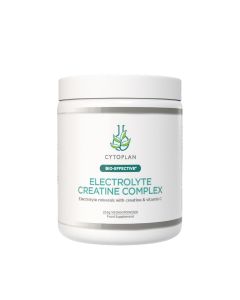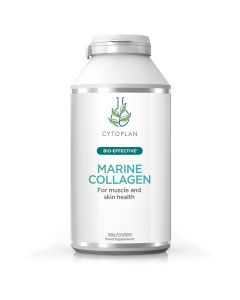What supplements could help with post-birth hair loss?
Firstly, please let me assure you that postpartum hair loss is completely normal. During pregnancy, higher levels of the hormones oestrogen and progesterone prevent normal hair loss and promote growth – and many expectant mums find their hair to be thicker and healthier than ever. After the birth, these hormone levels drop and you may experience more hair loss than usual, which can last 6-12 months in some women.
Although postpartum hair loss is usually nothing to worry about, there are certainly steps to take in terms of diet and supplements to support healthy hair growth. Vitamins and minerals are essential for normal cell growth and function and may contribute to hair loss when they are deficient – so a diet with a variety and fruits, vegetables and healthy protein is recommended, as well as a comprehensive multivitamin and mineral formula to cover any nutritional shortfalls and supply great levels of the following key nutrients:
Iron – is the most common nutritional deficiency globally – and common among women with hair loss. Risk of deficiency increases during pregnancy and breastfeeding when our demand is greater, so many new mums could benefit from ensuring plenty of sources of iron from red meat, poultry, eggs, dark green leafy veg, beans and pulses. Vitamin C is also needed for iron absorption and can be obtained from fresh fruit and vegetables.
Vitamin D – another commonly deficient nutrient here in the UK, plays an important role in the growth of our skin cells which produce keratin, and low levels have been linked with hair loss. In the UK, our bodies can make Vitamin D from sunlight between April and September, but over the winter months vitamin D levels typically fall by around 50%. Some food sources, such as oily fish, liver, eggs, and mushrooms provide a modest amount, but supplementing with vitamin D, particularly in winter months can be an effective way to prevent deficiency.
Studies also show a link between deficiencies in the B vitamins; B2, B12, folate and biotin, and the mineral zinc and hair loss so your multivitamin should provide great levels of these nutrients as well.
Essential Fatty Acids – deficiency in omega 3 fatty acids has also been linked to hair loss, possibly due to their influence on inflammation, hormonal balance, circulation and the health of your scalp. Great sources include oily fish such as salmon, mackerel and trout, walnuts, flaxseeds and chia seeds – or a supplement from fish or algal oil.
Protein – hair is made mostly of a protein called keratin, so it is important to get plenty of protein through your diet, as well as a range of amino acids. Eating too little protein (i.e. less than 0.8g per kg body weight daily) has been linked to hair loss so ensure plenty of sources such as meat, chicken, eggs, dairy, beans and pulses or tofu. Collagen is a rich source of some of the amino acids used to make keratin, so getting plenty of collagen either from bone broths or as a supplement, could support healthy hair.
It is important to note that hair loss can sometimes occur as a result of medical conditions such as hypothyroisism, or postpartum thyroiditis – or can be stress related, so if you have any concerns, please do visit your GP.





